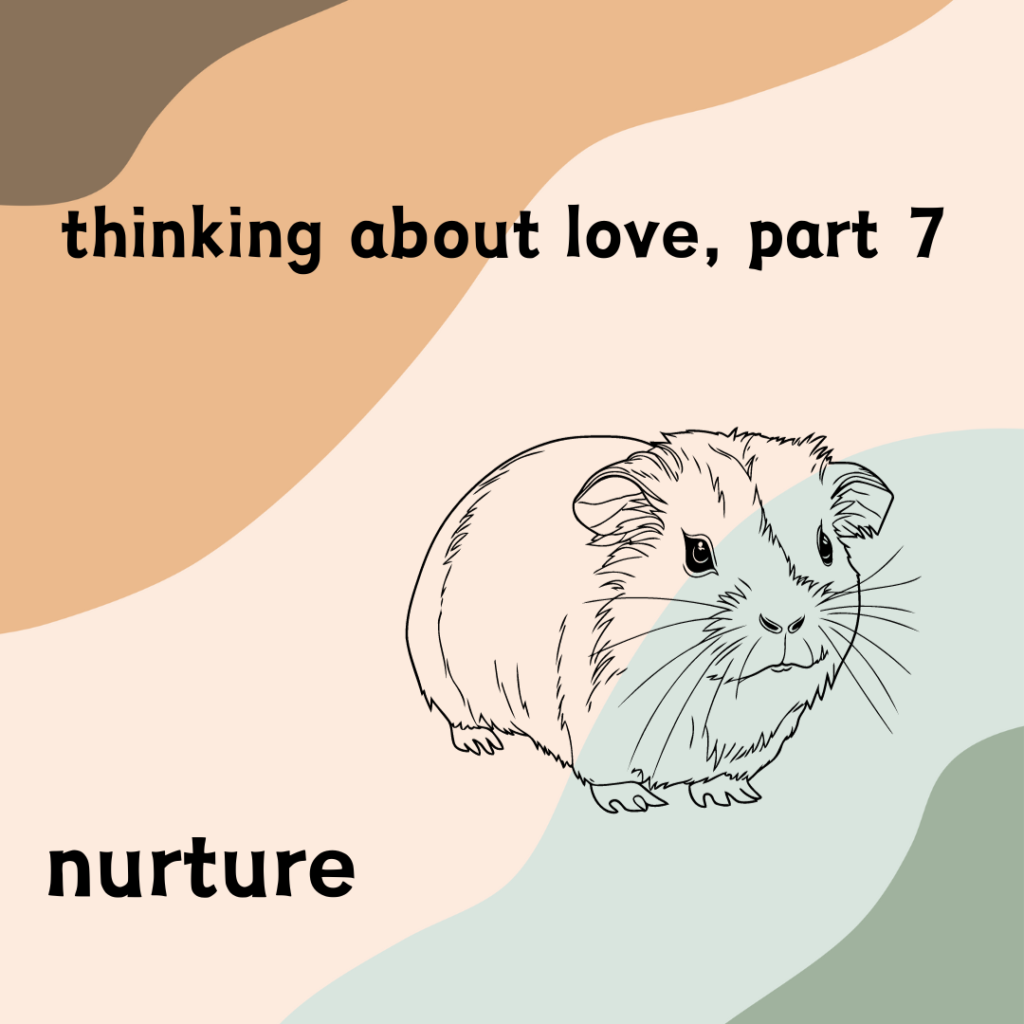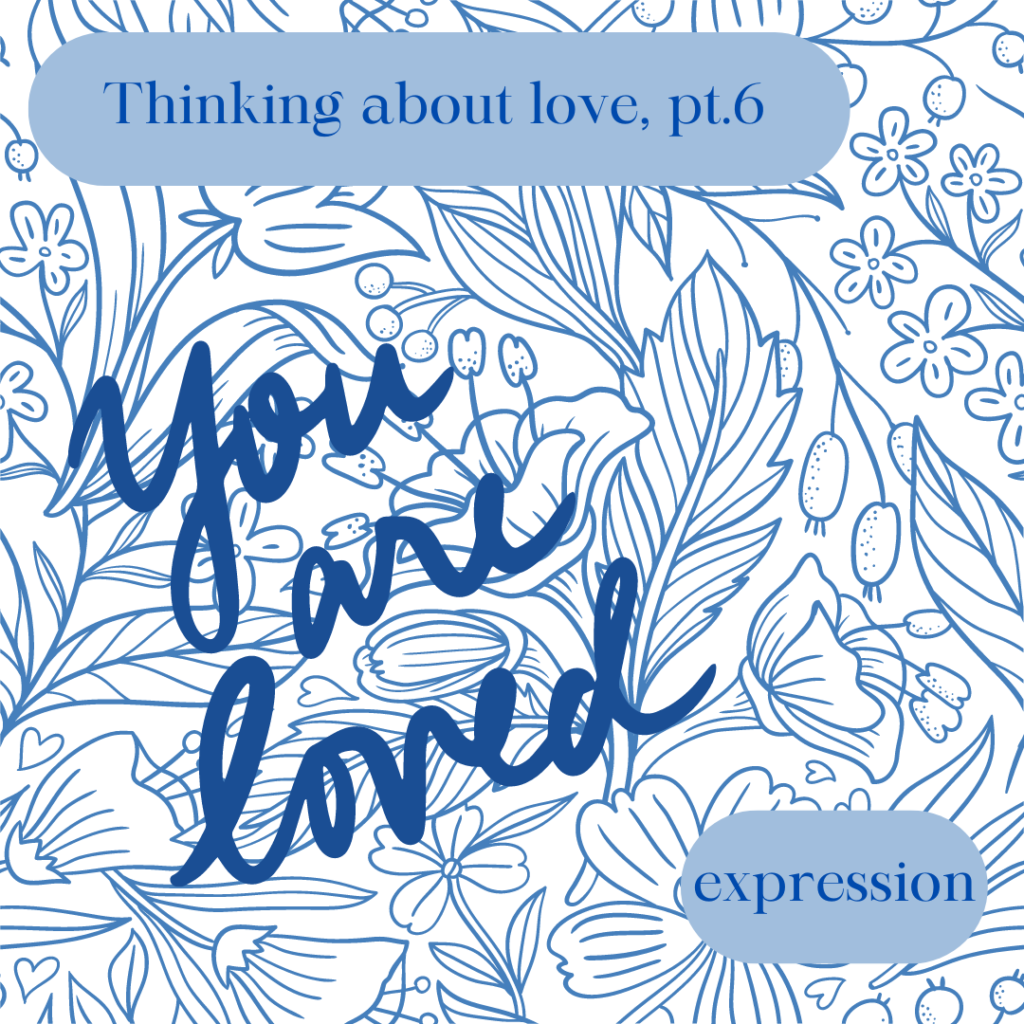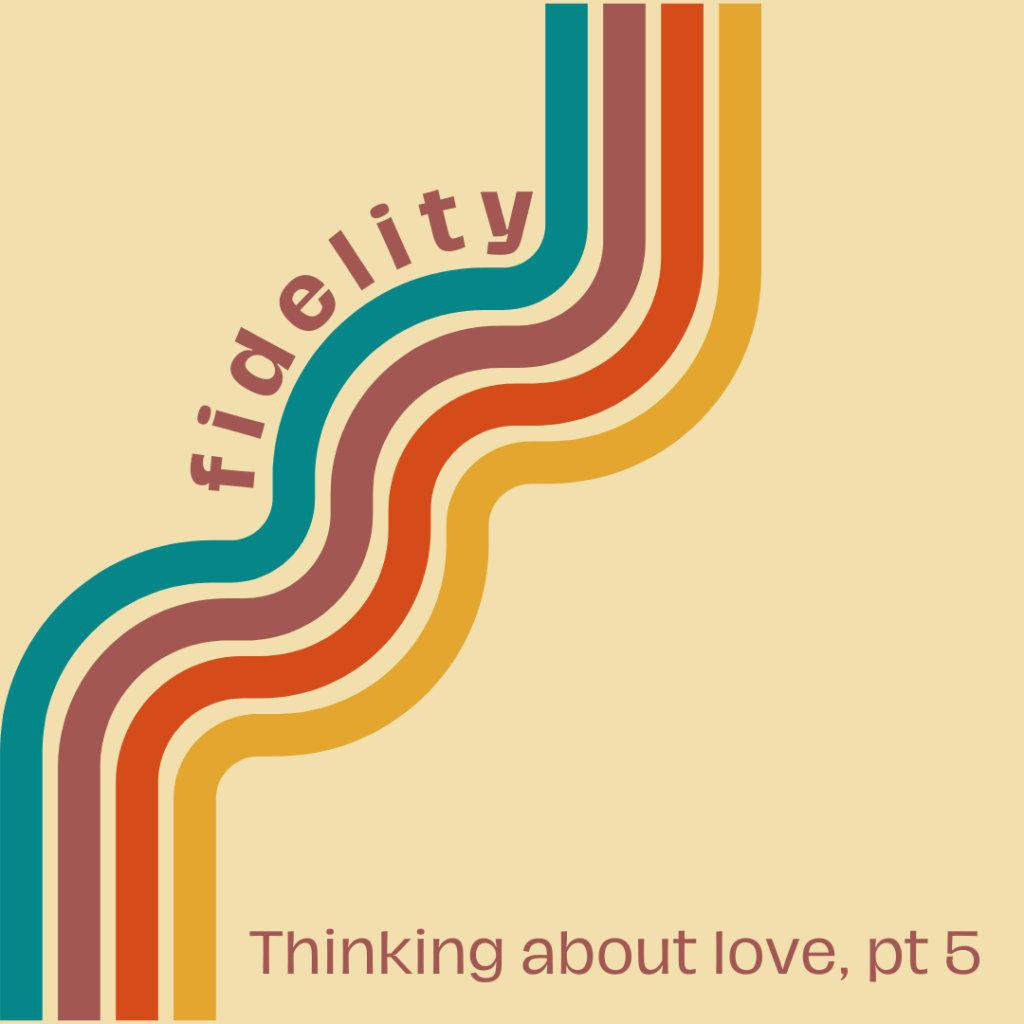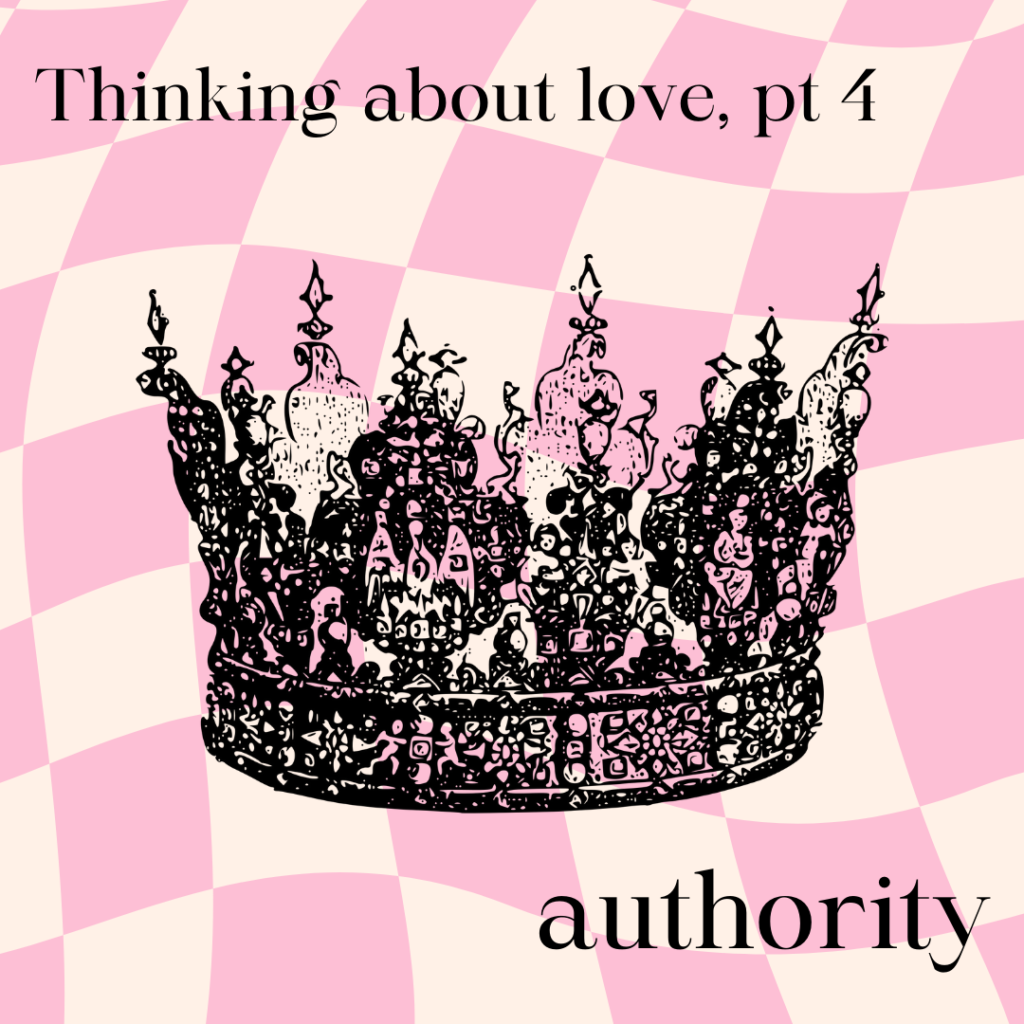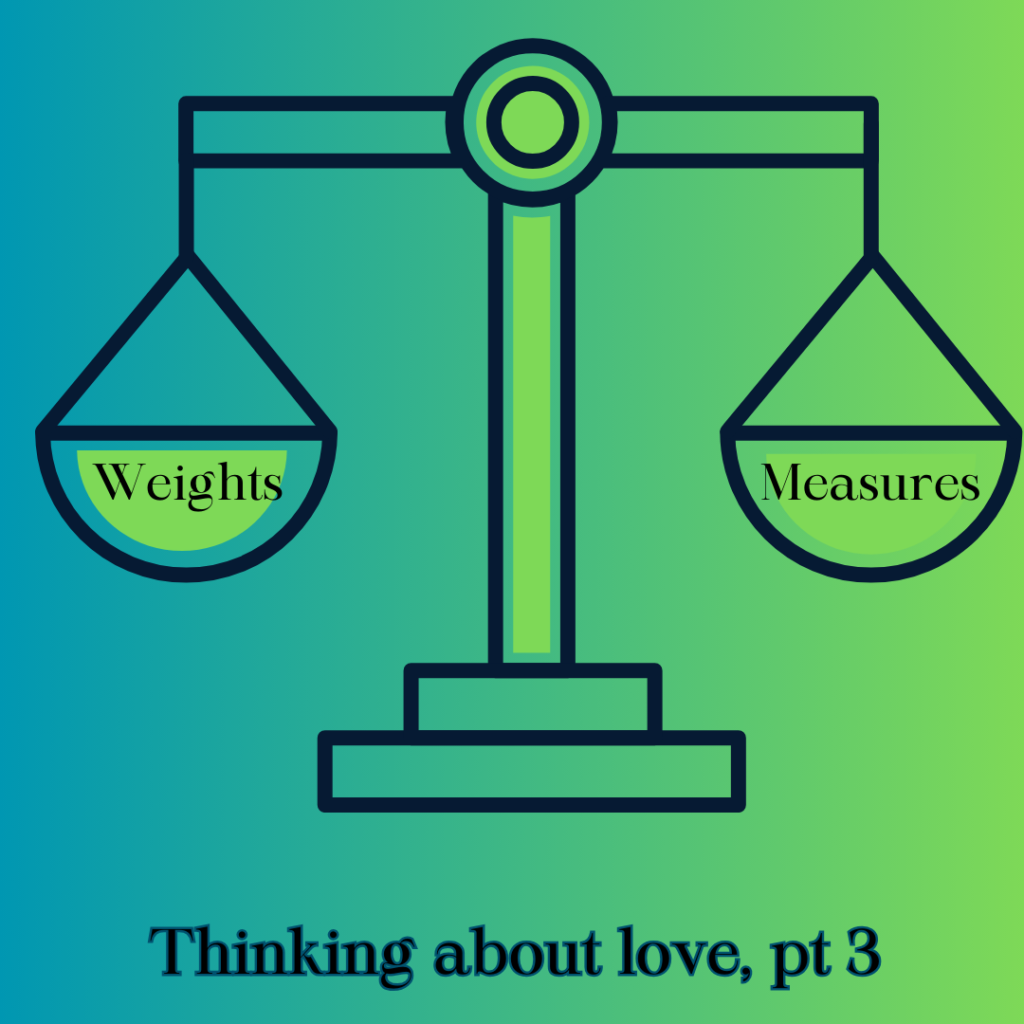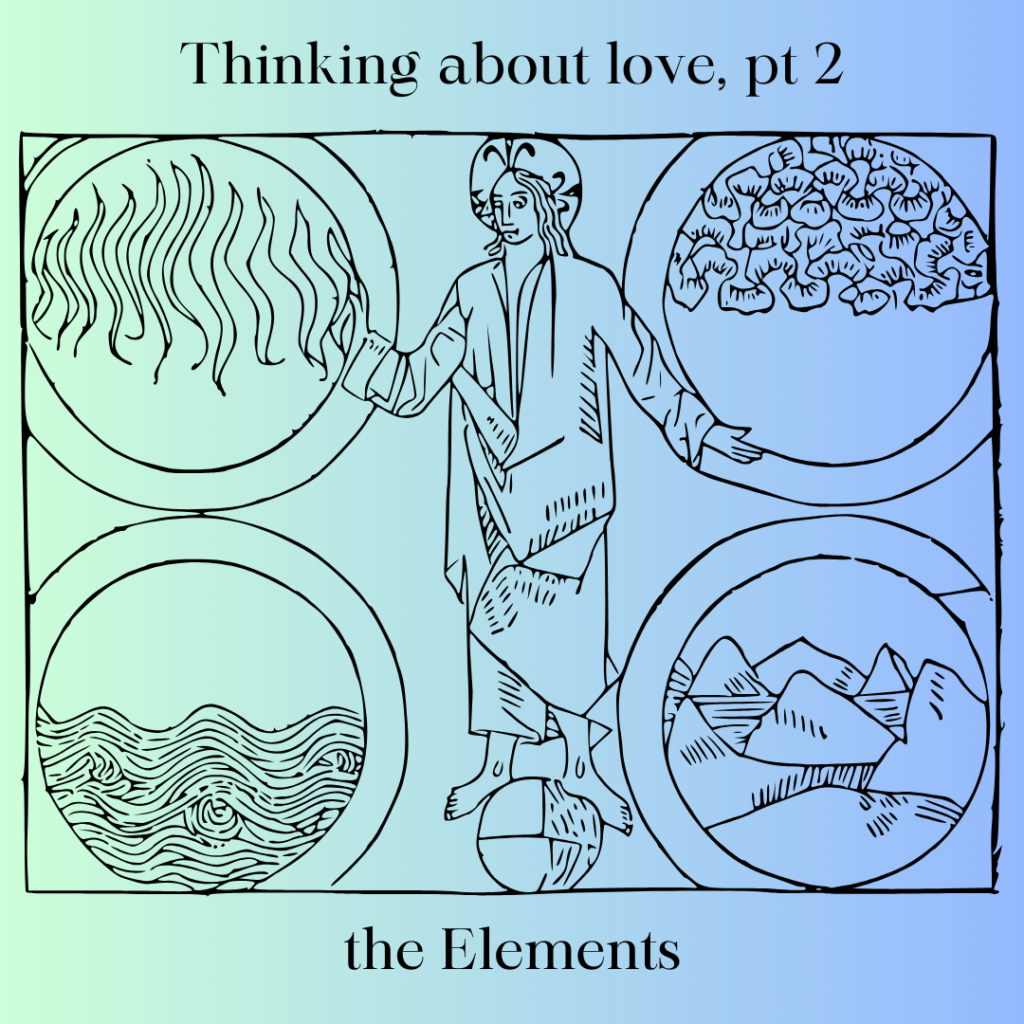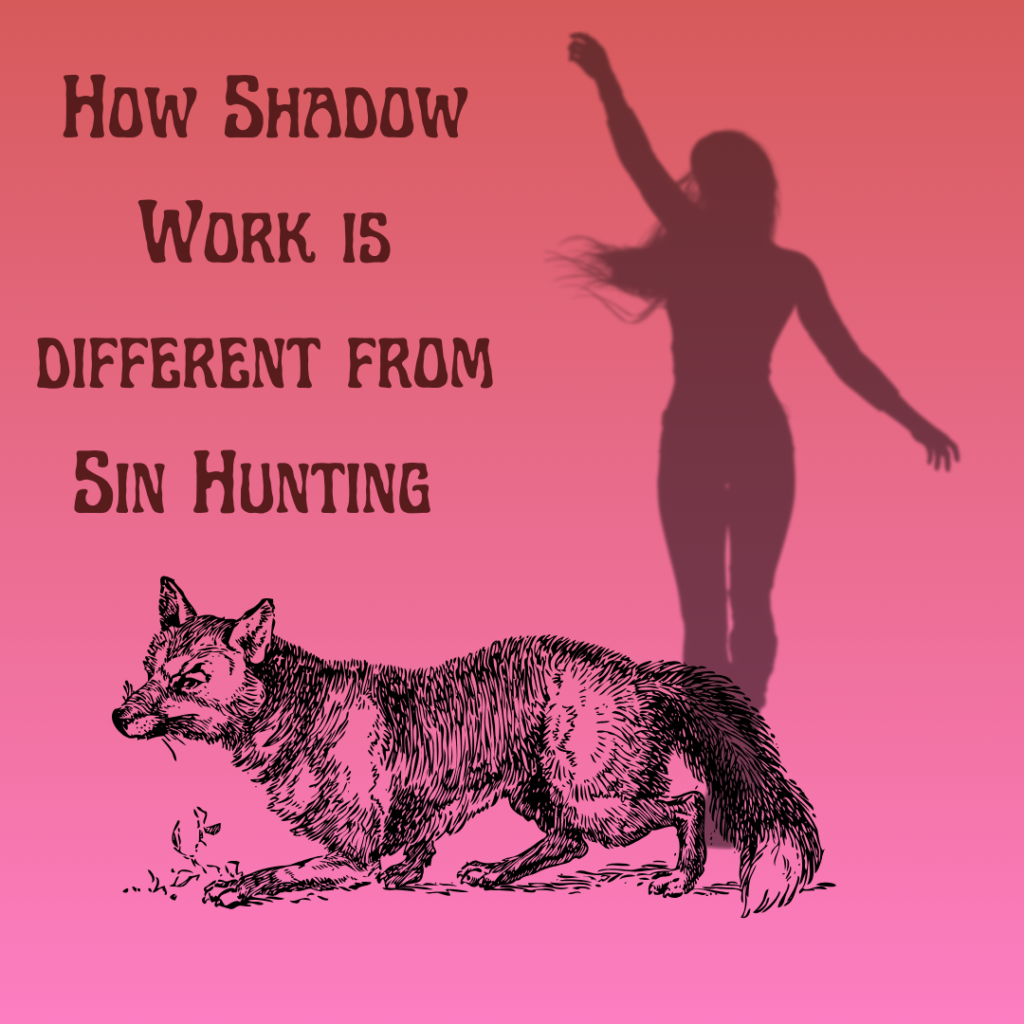Thinking about love, pt 8: desire
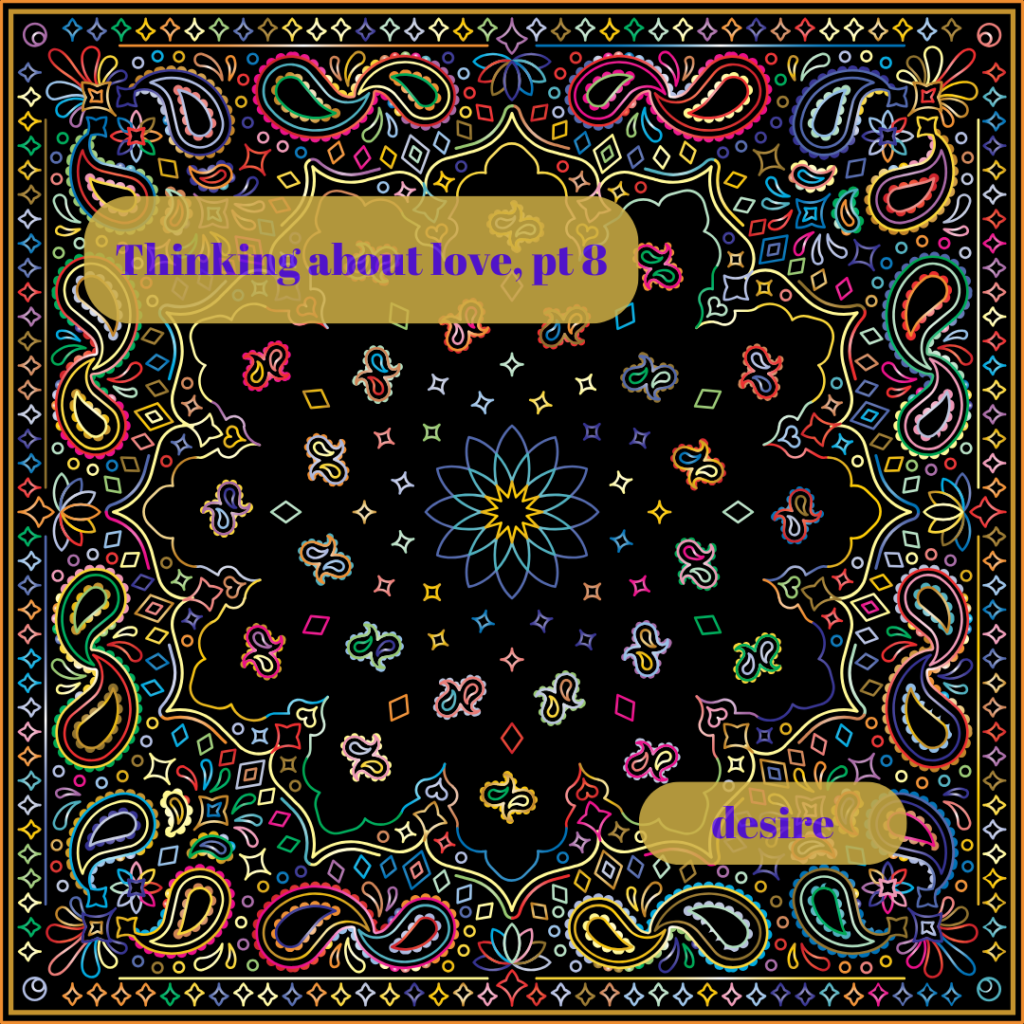
Like any good exvangelical, I have a complicated relationship to desire.
Growing up, believing that my essence was rotting, putrid sinfulness, I grew to assume that if my crooked heart wanted something, that something must be sinful. Be it fatty foods, a boyfriend, or to be acknowledged for my contributions. Even the act of wanting was illicit, in a way. Wanting something was a sign that I was discontent with what God had already given.
Desire also immediately calls up the idea of sexual appetite, which we evangelikids of the 90s were taught to DENY and SUPPRESS. So there’s that. Even the word “desire” sounds like it should be wearing a negligee.
I’ve left the doctrine of total depravity and purity culture behind, but every time I dip back into religion or spirituality of any kind, I run back into this fraught relationship with desire. The Stoics, the Buddhists, the Hindus…for all of religious history, they’ve framed desire as the great hindrance of spiritual enlightenment or virtuous living. It’s led me to believe that there’s something true about this common thread.
But at the same time, the best things I’ve given this world have been fueled by desire, by a deep hunger for something that is not yet fulfilled. I desired to be married, which led to the existence of Moira and Asa. I long, with my biggest emotions, to see justice and spiritual liberation for our world, so I commit work toward it. I crave time and space to write things that mean something to others and give them fuel for their own quests. I’ve told Lewis that I don’t really feel like myself unless I can feel desire.
So what is this potent, mystical force that apparently keeps me alive but unenlightened?
Eros- the life force
The current Yoda of happy monogamy, Esther Perel, recently posted this on social media: “Eroticism is not sex per se, but the qualities of vitality, curiosity, and spontaneity that make us feel alive.” It’s the sense of being guided by something other than our will and reason. It’s the difference between running a marathon and racing to the door to greet the long awaited guest. The difference between climbing a mountain and free falling on a trampoline.
As someone who tends to power through most of life, always weighing and measuring and making sure things are in balance, it’s easy to see why I get such relief from the self-propulsion of the eroticism Perel is describing. To feel momentarily overtaken not by what I’m building, or what needs to be done, but by something that is whole and complete outside of me inviting me to partake of it. It’s like an additional internal person comes to my aid, but her whole existence is to desire. Otherwise she sleeps.
The idea of life-giving desire pairs well with the way Harville Hendrix and Helen LaKelly Hunt’s talk about Eros in their book Getting the Love You Want. It’s a pretty traditionally motivated book. Their goal: Help couples stay together and be happy. You expect to find a lot in there about commitment and work. And you do. But they also acknowledge the role that desire has in our choosing and learning our partners.
They describe Eros as the life force. The urge to be connected to the world (and its inhabitants) around us. To do. To know. To ask. To explore. To experience. To be loved. Not just with our minds, in theory, but with our senses. I would include in “the senses” that magical, intoxicating sense of another person’s attention or affection.
Eroticism, it would seem, is pleasure brought by something outside, independent of the feeler. It is a response, not an achievement. We experience an impulse to bring our whole selves into a connection with the thing that pleases us, but until the point of connection, is only an idea. Erotic desire, maybe all desire, is that conversation between the possibility outside and the reality inside.
Yearning- how to meet the depth of yourself
Until I was married, yearning was my auto-setting. Sometimes for a specific person. Sometimes just for connection in general. Not only for sex (remember, former evangelical here), but I yearned for love, to know and be known, to be wanted in return. I didn’t date after high school. Not in college. Not in grad school. Not after. I didn’t even experience temporary reprieves from the sense of deep, impossible loneliness and the ache to see it end.
I was desperate to end the yearning, but when I did (or rather when Lewis did) I realized that I had traded in a valuable way of experiencing the world and myself in it. Yearning had been, for me, the sense that was sharpened by the limitations of the other senses. It was miserable, but I was fully surrendered to it, and I was used to seeing my own darkest corners with clarity. In love and happiness they were softened by the haze.
There’s a a beautiful, complex cavern in the soul that only opens its passageways for ache. There are colors we can only see when they are splashed across our unmet desires, and the loves that we wish we had. Music sounds different when you can hear the frequency of longing. The hollow in your ribs contains worlds.
Queer writers write a lot about yearning, especially in contexts where their love is considered illicit. I think this perfectly captures the essence of longing, because it’s an unstoppable, even natural desire that doesn’t have the context to manifest. Virtue and reason are no antidote for yearning, because our deepest knowing is that the object of the yearning is irreplaceable, even if forever withheld. My colleague Ezra, in a gorgeous review of the latest Sufjan Stevens album, wrote this: “Queer yearning is a well-documented phenomenon. It’s evident in the music of Frank Ocean and boygenius, in movies like Portrait of a Lady on Fire and Moonlight, in the experience of anyone who has fallen in love at the wrong time, or in the wrong place, or with the wrong person. When love cannot be expressed, it must be felt from across the room. When partnerships are restricted by religion, culture, or law, they must be imagined instead of lived out. It’s no wonder why queer people do so much yearning. For many of us, it’s the only option.”
I’ve never been queer, but I’ve fallen in love at the wrong time, in the wrong place, and with the wrong person(s). I have wanted things I wasn’t allowed to want. I’ve also been held in limbo before, not only waiting, but wondering.
It’s not that I want to go back to yearning, but there are nights when street lamps cast that certain light on the sidewalk, when it’s raining and cold and I’m running anyway, when a Bon Iver song comes on in a public place, and my sense memory for yearning comes back. I remember the shape of the cave, the brilliance of the color, and also the sharpness of the pain. Yearning was being alive in a different way.
And sometimes I still come alive in that way. Sometimes the sense memory shows up and I find that it has a landing place.
Yearning seems to be spiritually productive. Some mystical traditions—those more steeped in dualism that puts a separation between God and humans—use erotic language to describe the desire for God. They describe the not-yet of union with God in a fragmented world as a state of passionate desire. It’s awkward, frankly, but also stunning and arousing. It’s beyond metaphorical. It is the same process of becoming one that gives intimacy its sanctity. The act of coming together, of unifying, is itself sacred whether between people or with the Divine.
I was struggling with the Buddhist (non-dualist) idea of desire being the root of suffering, and a friend, who is a devout Buddhist, pointed out that it’s not the wanting, it’s the grasping of the thing, allowing possession or satiation of the desire to triumph over virtue, connectedness, and peace. Forcing something instead of letting it happen. For me, yearning is the experience of that desire without possession. It allows for stillness, waiting for the desired to arrive of its own agency. The work that it does, as it waits, is to expose more and more of ourselves to consciousness, opening more of us to ourselves and universal connection. The cavern comes to life, and we see that God is in there too.
Hunger- make the masters tremble
When I think of the conflicted relationship between religion, even nondualistic spirituality, and desire, it really comes down to control. The problem with desire is its strength. We use “want” in such weak ways in English, in fact we juxtapose it with “need” almost as a way of diminishing it. But when you change the word to hunger, it gives you a better glimpse at what the sages were worried about. Hunger isn’t something you can scold your way out of, like a parent asking their child whether they “need” a Nintendo Switch or whether they “want” a Nintendo Switch.
Our appetites, our hungers, are linked to our survival, and it is very difficult to tell where the needing ends and the wanting begins. It’s not always as clean as a handheld gaming device. Because we can’t not want food or sex, even if we can keep those wants within certain boundaries. Further, the ability to satiate our hunger is power. More power means that meeting needs and meeting wants become equally do-able, and thus, harder to differentiate. We’ve seen this unfold in places of extreme wealth and extreme poverty. Unmet needs are stronger than rules, virtue, and altruism every time. Even when those “needs” are essentially the hunger of the ego.
When you think about it, eating and sex, our two strongest appetites, are the primary voluntary actions that contribute to the continuance of our lives as individuals and as a species. Of course they are strong urges. Of course they pose a threat to the boundaries placed by religion and spiritual practice. But I do wonder, and always have, if it isn’t about wanting things less—less food, less sex, less life—and instead wanting something else more. What if the check on our appetites isn’t renunciation, but love? What if the journey is about harnessing all that intensity into the service of love?
Energy- your warp and weft
It’s nice not to have to war within yourself between serenity and desire—so I see the appeal of living totally in that internal connection to source. But part of our spiritual work in the world is to be just that, in the world. How do we propel that work when the world is too big for one person to do it all? A well-attuned experience of desire has to be part of what guides us to the work we need to do. Not the only thing, obviously, or we’d all think it was our role to be a wealthy benefactor.
Theologian Frederick Buechner said, “The place God calls you to is where your deep gladness and the world’s deep hunger meet.” We discern God’s call by letting ourselves feel both desire and compassion. Be wounded by the needs of the world, and energized for healing by the craft, practice, and work that lights us up. We are all fibers in the tapestry, and the hunger of the world is the warp, the vertical thread that doesn’t move on the loom except to rise and fall with the heddle (the thing that moves up and down and keeps the warp organized). Our gladness is the weft that weaves in and out of the warp at different intervals to determine the design. That’s us. The weft, and our desires move us through the warp of life.
Ultimately, that’s why I can’t fully get on board with full relinquishing of all desire. It’s obviously nuanced and multi-faceted as I cultivate Eros, remember yearning, manage hunger, and direct my energy. And I think it’s good to be able to step into the all-fulfilling Self, into communion with God. As I kick off my next decade, I’m trying to find a little space where I can actually get a spiritual reprieve from my own intensity. Just to go deep into my soul, get a little breather, and then come back out to the world for more of the loving I need to do, and the desire that fuels it.
